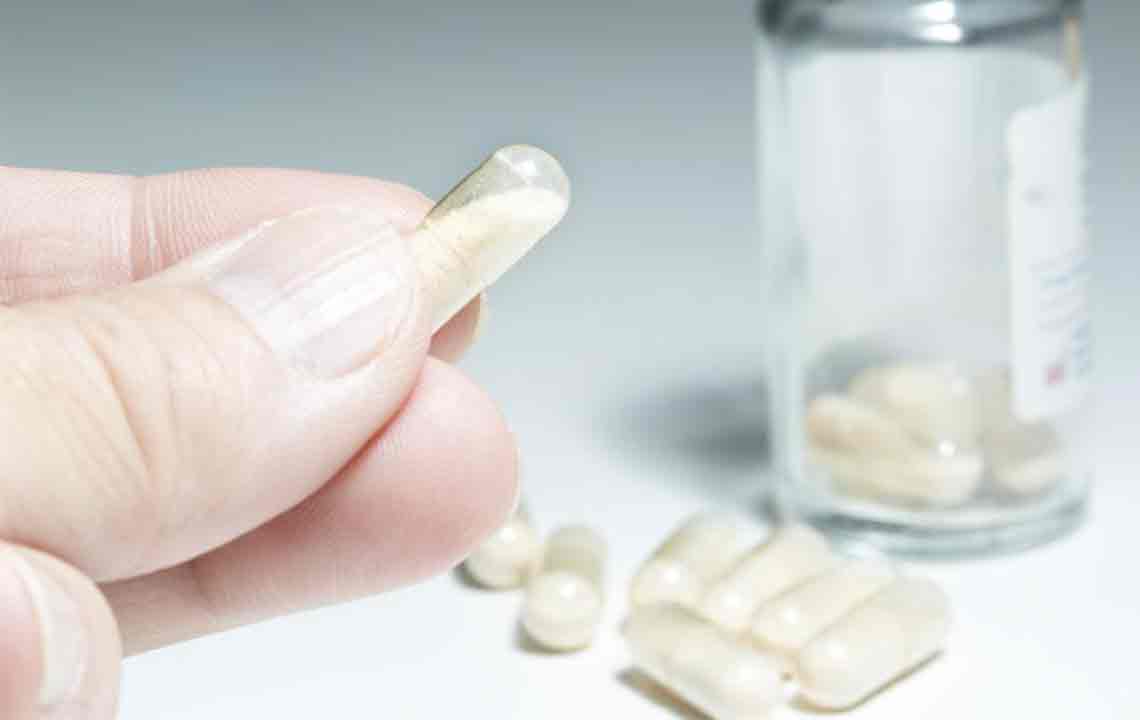Using Probiotics to Combat Different Forms of Diarrhea
Discover how probiotics support gut health and help manage various types of diarrhea. Learn about their benefits, the different strains, and proper usage alongside traditional treatments for effective relief and prevention.
Sponsored

Diarrhea involves frequent, loose, or watery bowel movements that can happen multiple times a day. It may be accompanied by bloating, pressure, or dehydration if it persists for several days, leading to symptoms like dry skin and behavioral changes. If untreated, it can cause skin discoloration and decreased urination. The infection within the gut, known as Gastroenteritis, is often caused by bacteria, viruses, or parasites from contaminated food or water, usually through contact with infected individuals.
Diarrhea can be classified into three main types:
Short-term watery diarrhea (commonly caused by cholera)
Short-term bloody diarrhea, also called dysentery
Persistent diarrhea
Preventive measures include good sanitation, washing hands with soap, and drinking clean water. Rehydration solutions (ORS) and zinc supplements are effective in preventing or managing infectious diarrhea. Additionally, probiotics are used to lower the risk and lessen the severity of diarrhea.
Role of Probiotics in Diarrhea Relief
Different probiotic strains offer specific health benefits. Lactobacillus strains are mainly found in the small intestine, while Bifidobacteria are prevalent in the large intestine. These bacteria improve digestion and immune function. Probiotics assist in reducing inflammation, balancing gut bacteria, and preventing infection-related diarrhea. They are particularly helpful in acute cases, often combined with rehydration therapy to speed recovery.
Probiotics can be effective for various diarrhea types, including those caused by antibiotics, travel, or in children. For antibiotic-induced diarrhea, taking probiotics alongside antibiotics can restore microbial balance and reduce symptoms. In children, probiotics help manage rotavirus-related diarrhea and shorten illness duration. Travel-related diarrhea, caused by unfamiliar food and water, may also benefit, although scientific evidence is limited. For inflammatory bowel conditions like ulcerative colitis, probiotics may provide supportive benefits. Consulting a healthcare professional before use is recommended, particularly for immunocompromised individuals, to avoid potential side effects like cramps or gas.
More research is ongoing to fully understand how probiotics influence gut health and disease prevention. While not all strains are effective against every diarrhea type, many can offer supportive relief, making probiotics a valuable part of integrated treatment strategies.






